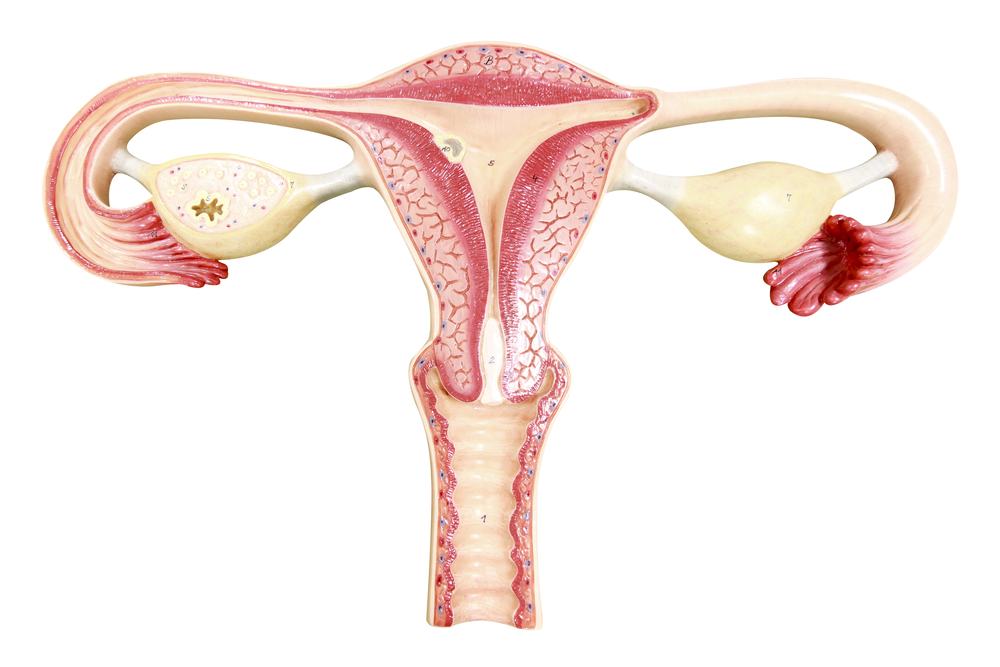The importance of open fallopian tubes
What are they?
- Fallopian tubes are the reproductive organs which connect the ovaries to the uterus. They are long, hollow, thin tubes consisting of a mucous membrane and muscular layers.The lining of the tubes secrete fluids which maintain an environment in which an egg can be fertilised. They are lined with small hair-like structures (cilia) which move and help the egg or embryo travel through the tube to the uterus
[ez-toc]
What do they do?
- Each month in the middle of a menstrual cycle they transport an egg from the ovary to the uterus. Fertilisation of an egg generally occurs in the fallopian tubes and it then takes about 5 days for the fertilised embryo to travel through the fallopian tubes to the uterus. Obviously, with this in mind fallopian tubes must be present and open for a natural pregnancy to occur.
What happens if they are scarred or blocked?
- If your fallopian tubes are blocked the sperm is unable to travel through them to get to the egg and fertilise it. If they are not completely blocked but scarred the fertilized embryo may not be able to travel down the uterus to implant and become a successful pregnancy. You can’t naturally fall pregnant and fertility treatment will be required.
How do they become damaged?
- Tubes can become scarred or blocked due to a past or current infection (such as, pelvic inflammatory disease or a sexually transmitted infection), adhesions from other conditions (such as previous surgeries, endometriosis or an ectopic pregnancy) or a tubal ligation.
How do I know if mine are open?
- There is a procedure called a hysterosalpingogram which your GP or fertility specialist can arrange for you if you are concerned your fallopian tubes might be blocked. Check out my article about the test available to check if your tubes are open here.

